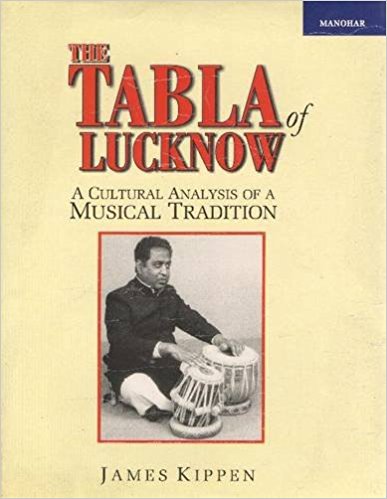James Kippen’s book on the tradition of tabla in Lucknow first came out in 1988, as part of the series of books entitled Cambridge Studies in Ethnomusicology. Re-reading the work at this distance dimly recreates the excitement of our introduction to ethnomusicology: for many of us, it was a new kind of writing on music, that generated both admiration and resistance strongly. Kippen’s book in fact came when the first flush of passionate reaction had lessened; but earlier writing of the kind, like Regula Qureshi’s study of the qawali, I well remember, raised questions about the music we loved and listened to that took time to settle down in our minds. There was above all a feeling of unfamiliarity.This was the music that we were completely immersed in and thought to be a part of our lives; but we found that it had become part of an anthropological vision, in which the way in which the performer sat, or the gestures of the audience were as important as the content of the music itself.
January 2006, volume 30, No 1

